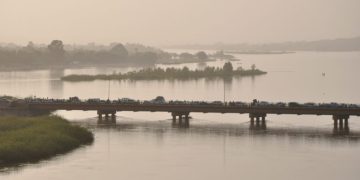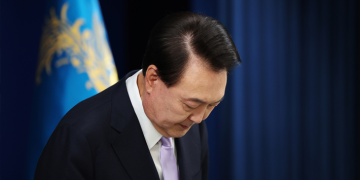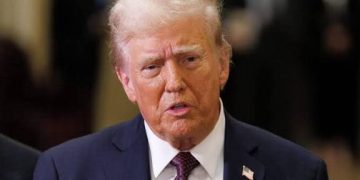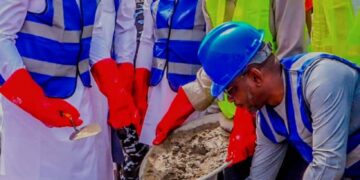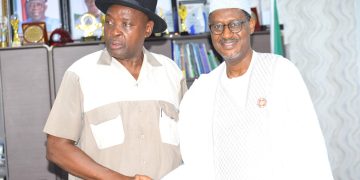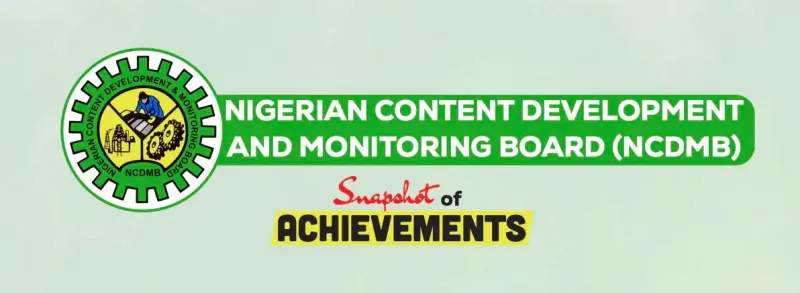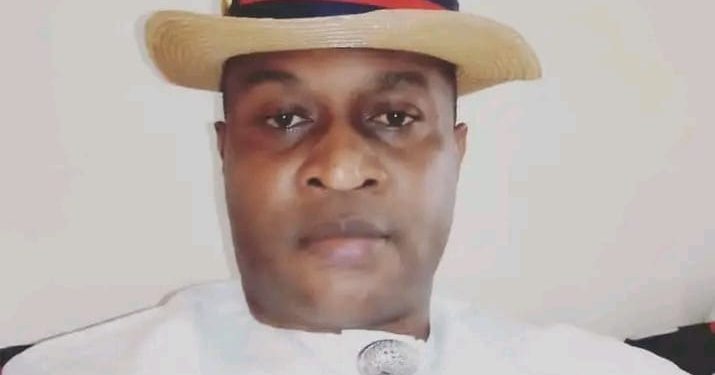For decades, the Igbo people of southeastern Nigeria, known for their industrious spirit, entrepreneurial drive, and commitment to education, have played a pivotal role in shaping the nation’s economic and social landscape. From bustling trade centers in Lagos to thriving businesses across Africa and beyond, Ndigbo have distinguished themselves as resilient builders of enterprise and community. Yet, their success continues to be shadowed by systemic marginalization, prejudice, and periodic acts of intimidation most recently reflected in the controversial demolition of Igbo-owned properties in Lagos.
The Igbo entrepreneurial spirit is legendary. From Onitsha to Aba, and from Lagos to London, Igbos have demonstrated an extraordinary capacity to identify needs, provide solutions, and build wealth not just for themselves but also for the communities around them. Their presence dominates major sectors such as commerce, manufacturing, logistics, and real estate. Many Igbo-owned enterprises operate as large-scale ventures with significant market influence, playing a crucial role in Nigeria’s private sector growth.
Central to this success is a deep cultural commitment to education. Historically, Igbo families have prioritized learning, often sending their children abroad for higher studies in countries like the United Kingdom, the United States, and Canada. These efforts began long before the Nigerian Civil War and intensified afterward, as communities sought empowerment through knowledge and skill acquisition. Igbo professionals in the diaspora continue to support scholarship programs and educational initiatives, fostering a transnational network of mentorship and development.
However, this same economic mobility and widespread presence across Nigeria have also generated friction. The Igbo homeland, characterized by dense population and limited land resources, has driven many to migrate to other regions in search of opportunity. This dispersal has made them highly visible and, at times, vulnerable in host communities.
In several parts of Nigeria, the Igbo population faces suspicion and resentment sentiments rooted in competition, political insecurity, and the unhealed wounds of the civil war. This anti-Igbo sentiment, often described as Igbophobia, manifests in discriminatory policies, political exclusion, and occasional violence. The enduring perception of Igbos as outsiders, despite their substantial contributions to national development, has promoted feelings of alienation and injustice.
A recent example highlighting these tensions is the demolition of structures at the Lagos International Trade Fair Complex. The Lagos State Government, through its Commissioner for Environment and Water Resources, Tokunbo Wahab, justified the operation by citing environmental violations and non-compliance with state laws. Yet, critics, including Senator Victor Umeh of Anambra Central and former Labour Party presidential candidate Peter Obi, have condemned the move as both unlawful and inhumane.
According to Umeh, the land in question falls under federal jurisdiction, meaning the Lagos State Government had no legal authority to carry out demolitions. “Their entrance into that place to destroy the buildings was an intrusion,” Umeh said. “No building was standing on a canal or drainage channel. Lagos State had never exercised authority over that land until the demolitions began.”
Over 70% of the affected traders are reportedly of Igbo origin, raising concerns about targeted victimization. Obi appealed to the government to “temper enforcement with mercy,” underscoring the human and economic cost of the destruction.
It is even more troubling that many of these buildings were constructed with valid government-issued permits. This raises a fundamental question: why can’t the state government investigate the source of these permits to permanently address the leaks and irregularities within its system, rather than issuing approvals with one hand and denying them with the other? These properties, worth billions of naira, were reduced to rubble without compensation further setting back these businesses and the Igbo people by many years.
This is where the intervention of the President is most needed as a leader who genuinely means well for Ndigbo and for justice in Nigeria. His voice and action would go a long way toward rebuilding trust and ensuring that no ethnic group feels deliberately targeted or excluded.
Sadly, many Igbo politicians and elites have remained mute in the face of these injustices perhaps out of fear of political backlash or reprisals. Their silence, however, only deepens the sense of abandonment felt by their people, who continue to bear the brunt of discriminatory policies and selective governance.
The episode echoes deeper historical grievances. Following the Nigerian Civil War (1967–1970), Igbos were subjected to the “abandoned property” policy, which dispossessed many of their assets in regions outside the Southeast. Despite national reconciliation rhetoric, systemic barriers continue to limit their political representation and economic security.
Instances of open hostility, such as the 2015 threat by the Oba of Lagos, Rilwan Akiolu, who warned that Igbos voting against his preferred candidate would “sink in the lagoon,” have further strained ethnic relations. The statement prompted a petition to the International Criminal Court (ICC) by Josef Onoh, son of a former Anambra governor, who accused the monarch of incitement and hate speech. The ICC subsequently acknowledged receipt of the petition, signaling global attention to ethnic discrimination in Nigeria’s politics.
The Igbo predicament raises a fundamental question: are all Nigerians truly equal? When property demolitions, hate speech, and systemic exclusion disproportionately affect one ethnic group, the promise of national unity rings hollow. For many Igbos, these recurring injustices reinforce calls for self-determination and the revival of the Biafran movement a quest for dignity and sovereignty in the face of continued marginalization.
Yet, despite adversity, Ndigbo remain unbroken. Their story is one of relentless adaptation of men and women who, even when uprooted, build again. They are the artisans of resilience and the architects of Nigeria’s economic pulse. What they demand is not special treatment, but fairness, justice, and the freedom to thrive as equal citizens in the nation they have helped to build.
Daniel Okonkwo is a seasoned writer, human rights advocate, and public affairs analyst, renowned for his thought-provoking articles on governance, justice, and social equity. Through his platform, Profiles International Human Rights Advocate, he consistently sheds light on pressing issues affecting Nigeria and beyond, amplifying voices that call for accountability and reform. He is also a professional transcriptionist and experienced petition writer, with over 1,000 published articles to his credit on Google. Many of his works have been featured in Sahara Reporters and other major news outlets. In addition, he works as a ghostwriter, freelancer, and journalist.













